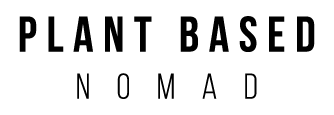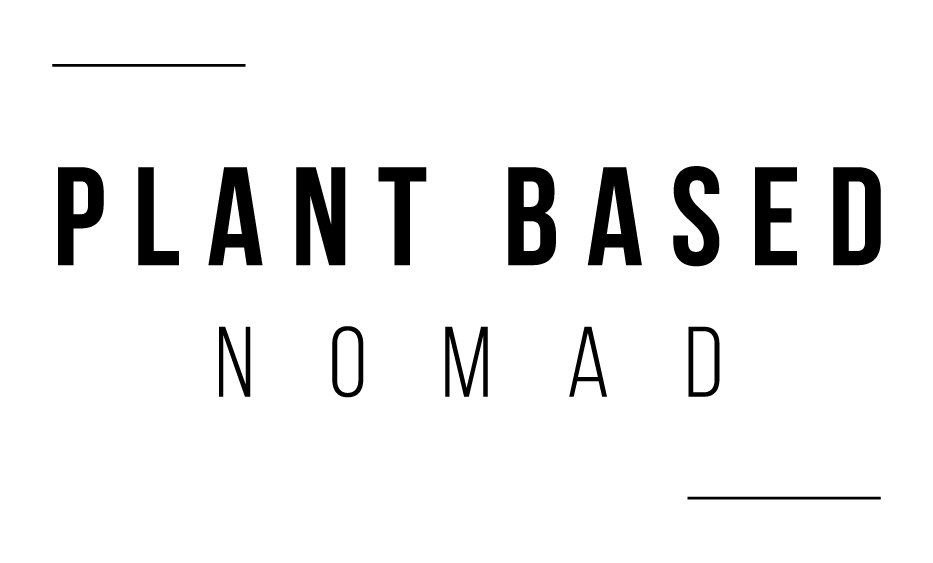
Senior Health Tips: The Importance of Minerals
When taking care of an aging parent, or by merely being a member of the rapidly growing baby boomer population, proper nutrition should be uppermost in our minds when discussing senior health. Every day we are swamped by infomercials on TV and radio all cleverly suggesting that our diets, and those of our loved ones, need attention. Moreover, as we do our research into improving our diets or the taking of dietary supplements, we are overwhelmed by the complexity of the challenge. Vitamins, water-soluble vitamins, fat-soluble vitamins, minerals, trace minerals … the list seems endless.
Also Read: Everything you should know before trying a plant based diet
To best describe the complexity of this, HelpGuide explains: “Although they are all considered micronutrients, vitamins and minerals differ in basic ways. Vitamins are organic and can be broken down by heat, air, or acid. Minerals are inorganic and hold on to their chemical structure.” When it comes to water-soluble vitamins, these are “packed into the watery portions of the foods you eat. They are absorbed directly into the bloodstream as food is broken down.” Fat-soluble vitamins are absorbed with the fat in our foods and are stored in our fat tissues and liver and are released as needed over time.
Importance of Minerals
When considering the essential nature of minerals, a Hallelujah Diet article states: “When taken together with vitamins, minerals are essential nutrients performing hundreds of roles in the body, all needed to help you to thrive. What exactly does a diet rich in minerals do for your well-being? In ‘God’s Original Diet,’ Rev. George Malkmus highlights that minerals provide structure in forming bones and teeth, they maintain normal heart rhythm, muscle contractibility, neural conductivity, and acid-base balance. They also regulate cellular metabolism.”
Minerals and Senior Health
In considering minerals on their own, we might automatically conjure up images of rows and rows of bottles on the pharmacy shelves before remembering that this is not where they come from. Since minerals are inorganic substances, they are formed naturally in abundance in the earth. As water, either from rain or from underground springs, filters through the earth, it acquires many minerals. Plants absorb this water, accumulating the minerals and turning them into a form that our bodies can easily digest.According to WebMD: “Getting adequate nutrition can be a challenge as you get older. With age, the number of calories you need begins to decline. Every calorie you consume must be packed with nutrition in order to hit the mark.” However, despite a nutritious diet, even like that suggested by the Hallelujah Diet, you may still fall short of your needs.”
“As we get older, the body becomes less efficient at absorbing some key nutrients,” says Katherine Tucker, RD, Ph.D., Professor, Director of the Center for Population Health at the University of UMass Lowell. Also, the ability to taste food declines, blunting appetite. Some foods become difficult to chew or digest, and this would be especially true of seniors. For seniors, several vital nutrients may be in short supply. Among these, here are the top minerals—there are only three—and how to get enough of them.
Calcium: While calcium plays many roles in the body, it is essential for building and maintaining strong bones. Unfortunately, surveys show that, as we age, we consume less calcium in our diets. “Calcium is so essential that if you don’t get enough, your body will leach it out of your bones,” says Kathleen Zelman, RD, director of nutrition for WebMD. Being short on plant-based foods rich in calcium, magnesium, vitamin K and trace minerals has been shown to increase the risk fractures due to brittle bones.
How to hit the mark: While some experts suggest consuming dairy products to get enough calcium, this advice is fraught with danger. Consider plant-based dietary sources of calcium that include leafy greens like kale and broccoli and nuts and seeds. Also, healthy smoothies made from non-dairy milk, kale, fruit, and even almonds or avocados could be easily incorporated into the diet of an older person who has trouble chewing.
Potassium: Getting enough potassium in your diet is believed to keep bones healthy. This essential mineral is vital for cell function and has also been shown to help reduce high blood pressure and the risk of kidney stones. Unfortunately, surveys show that many older Americans are falling short of the recommended 4,700 mg of potassium a day.
How to hit the mark: By far, fruits and vegetables are the most abundant dietary sources of potassium. Bananas, prunes, plums, and potatoes in their skin are particularly rich in potassium. Consuming fruits and vegetables at every meal goes a long way toward getting enough potassium.
Magnesium: Magnesium has been shown to play a crucial role in some 300 different physiological processes. Getting enough can help keep our immune system in top shape, our heart healthy, and our bones strong. “Many whole foods, including vegetables, contain magnesium. However, it is often lost in processing,” says Tucker. Absorption of magnesium decreases with age. Some medications older people take, including diuretics, may also reduce magnesium absorption.
How to hit the mark: The best sources of magnesium are unprocessed plant-based foods and include fresh fruits, vegetables, nuts, whole grains, beans, and seeds. The Magnesium Complex is a bioavailable source of magnesium from the Hallelujah Diet and could also be considered.
Raw and Fresh Are Best
Whichever way you consider mineral consumption, the best way to get these minerals is in the rawest, freshest form of living fruits, vegetables, and juices. The Hallelujah Diet highlights the importance of following a plant-based and primarily raw diet to fuel your body with the minerals it needs to thrive and lead a long, nourishing life.
Should you wish to incorporate an additional excellent source of trace minerals, this could be one of the Hallelujah Diet’s BarleyMax supplements. These are organically grown in well-composted soil and nourished with mineral-rich water. This guarantees you’ll be getting the minerals in the purest, most basic plant form—essentially, the best way possible. What’s more, the powder forms are easily mixed with water or juice or added to your favorite smoothie!
Click here to view original web page at Senior Health Tips: The Importance of Minerals

